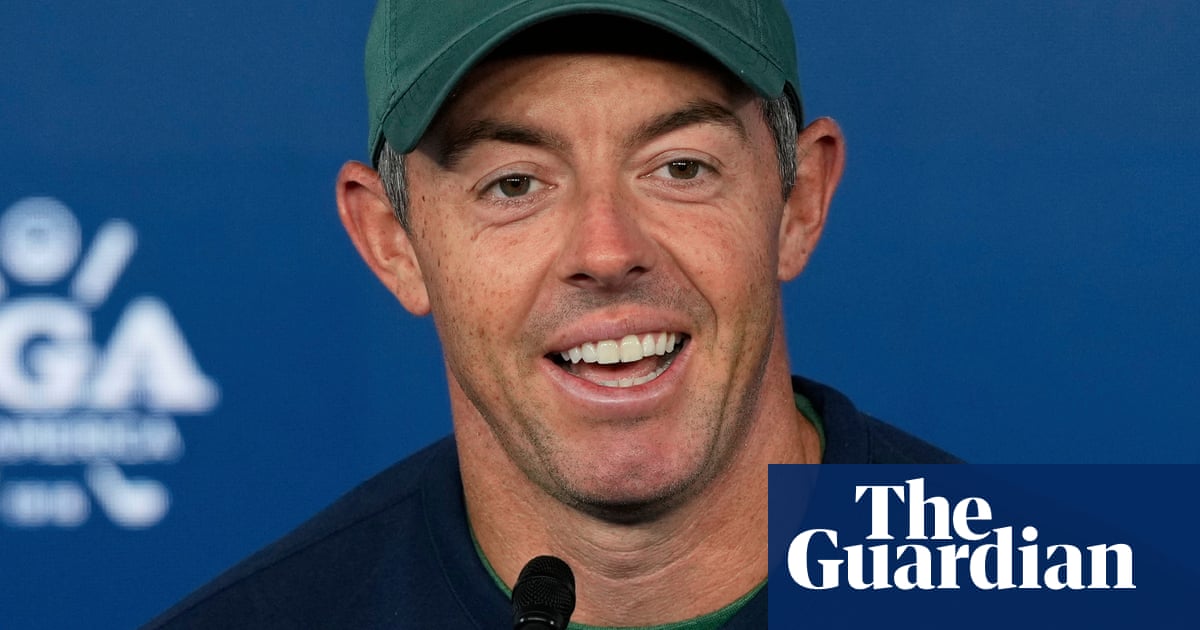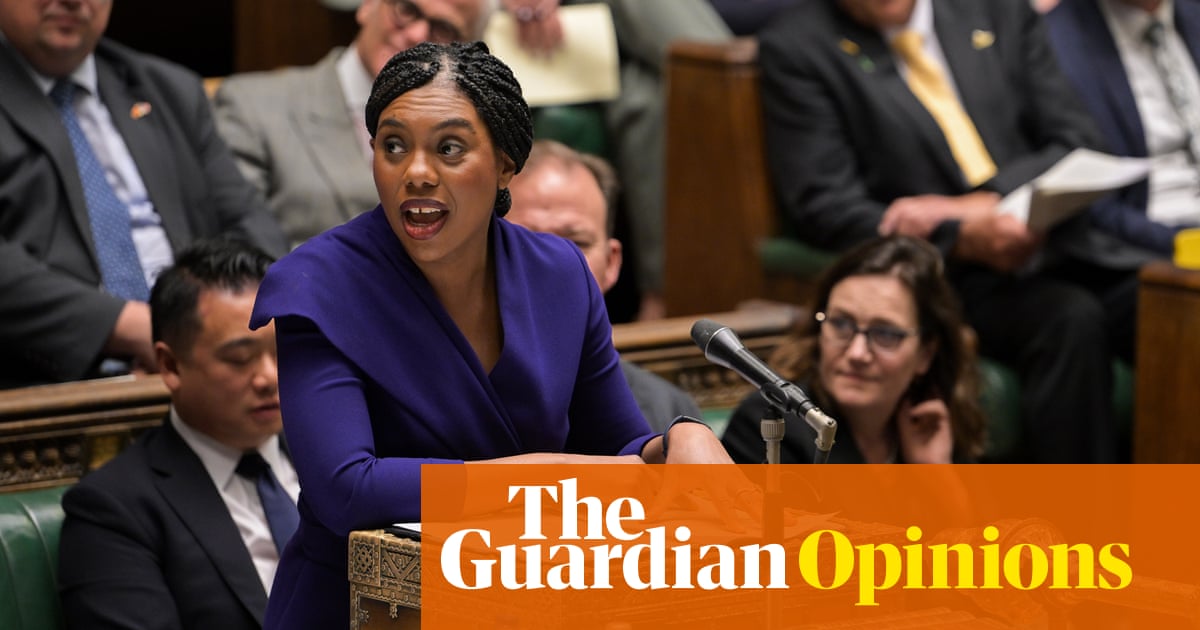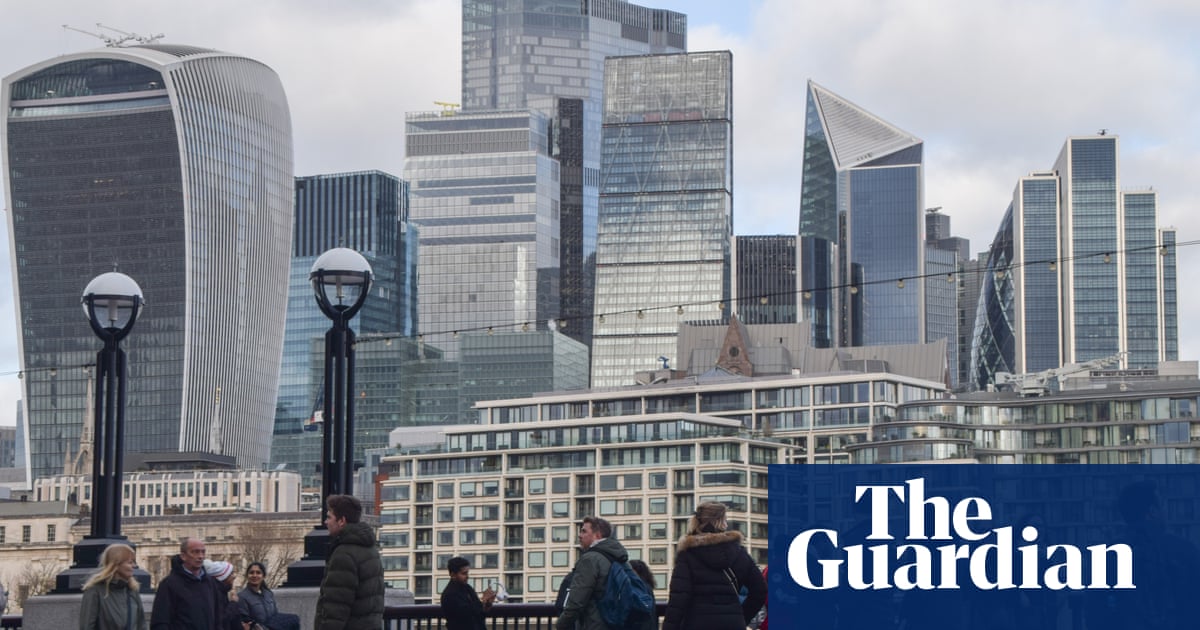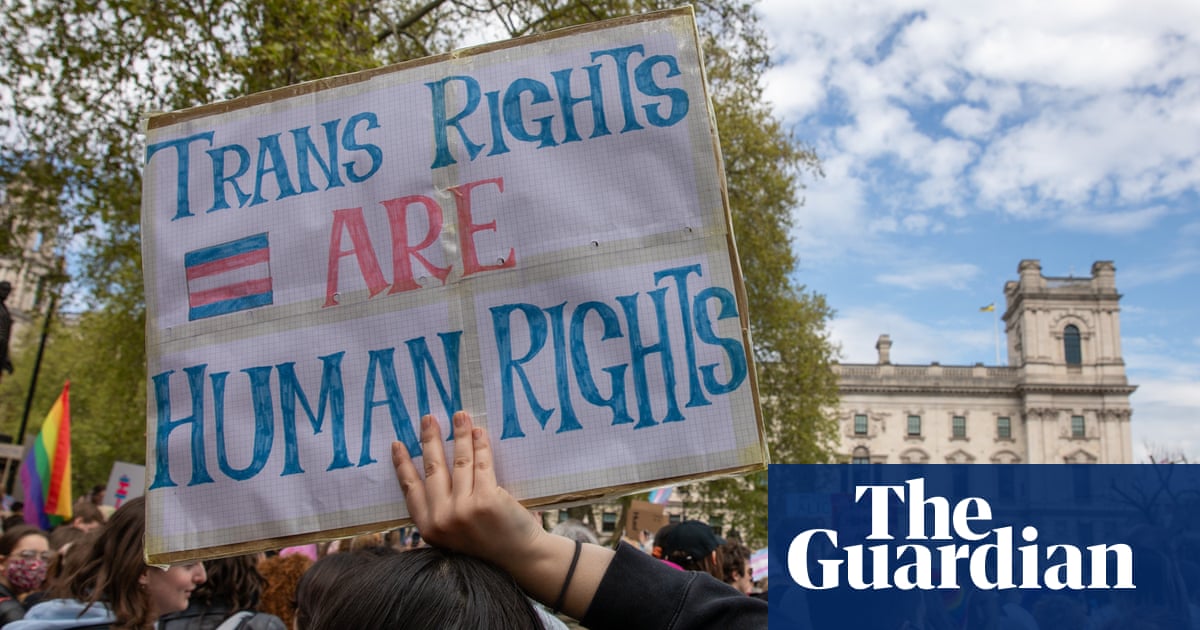Businesses will need to show they are keeping a lid on prices before there can be further interest rate cuts, according to the Bank of England interest rate-setter Catherine Mann.
In a warning to retailers and consumer goods companies to resist pushing up prices by more than the increase in their costs, Mann said she was wary of firms looking to rebuild their profit margins after a squeeze in recent years.
“I need to see the loss of pricing power, I need to see that firms are starting to be much more moderate in setting their prices,” she said.
Mann, a former chief economist at the Organisation for Economic Co-operation and Development, was one of two policymakers who voted to hold interest rates at 4.5% at a meeting of the Bank’s monetary policy committee last week. A majority of five members voted to cut by a quarter point to 4.25%, while two voted for a steeper half-point reduction.
Mann has said previously that she is ready to cut interest rates steeply once the battle against inflation is won.
However, she was concerned that rising levels of goods price inflation was pushing up household expectations of price increases in the months ahead.
She said there was the prospect of lower import prices from the knock-on effect of Donald Trump’s tariffs on countries such as China, despite the 90-day truce announced on Monday, which could cause cheaper exports to be diverted to Britain.
“There will be some trade diversion that will lead to moderation of import prices in the UK but there’s a lot of margin between the dock and the shelf,” she said, adding: “Goods price inflation is actually going up, not down.”
The Bank’s chief economist, Huw Pill, said earlier this week that he was concerned about a sea change in the labour market that meant higher wages would persist into 2027.
Pill, who voted with Mann to freeze interest rates last week, said it was not certain inflation would fall if higher wages become persistent.
Speaking on CNBC, Mann said Britain’s labour market had been more resilient than expected earlier in the year when she voted to cut interest rates.
“The first observation is that the labour market has been more resilient. Now, yes, we’ve had some prints that are indicative of a slowing labour market, but it is not a non-linear adjustment,” she said.
UK labour market data published on Tuesday showed a fall in employment, a drop in wages growth and a rise in vacancies, indicating that the labour market continued to weaken.
after newsletter promotion
Some economists said the figures showed the pressure on companies from rising taxes and slowing economic growth was only having a modest impact on workers, leading to concerns that prices will remain higher for longer.
Goldman Sachs said it expected economic growth to also prove more resilient in the UK and the eurozone, lowering expectations of further interest rate cuts.
The investment bank now expects UK interest rates to be lowered to 3% by next February, before the Bank of England stops its cutting cycle, having previously forecast rates would drop to 2.75% by next March.
UK inflation is expected to hit 3% in April when figures are published next week after a fall to 2.6% in March.
The Bank expects inflation to peak at an average 3.5% in the third quarter of the year, largely in response to rises in utility bills and council tax, before falling back towards its 2% target during 2026.

 5 hours ago
8
5 hours ago
8













































